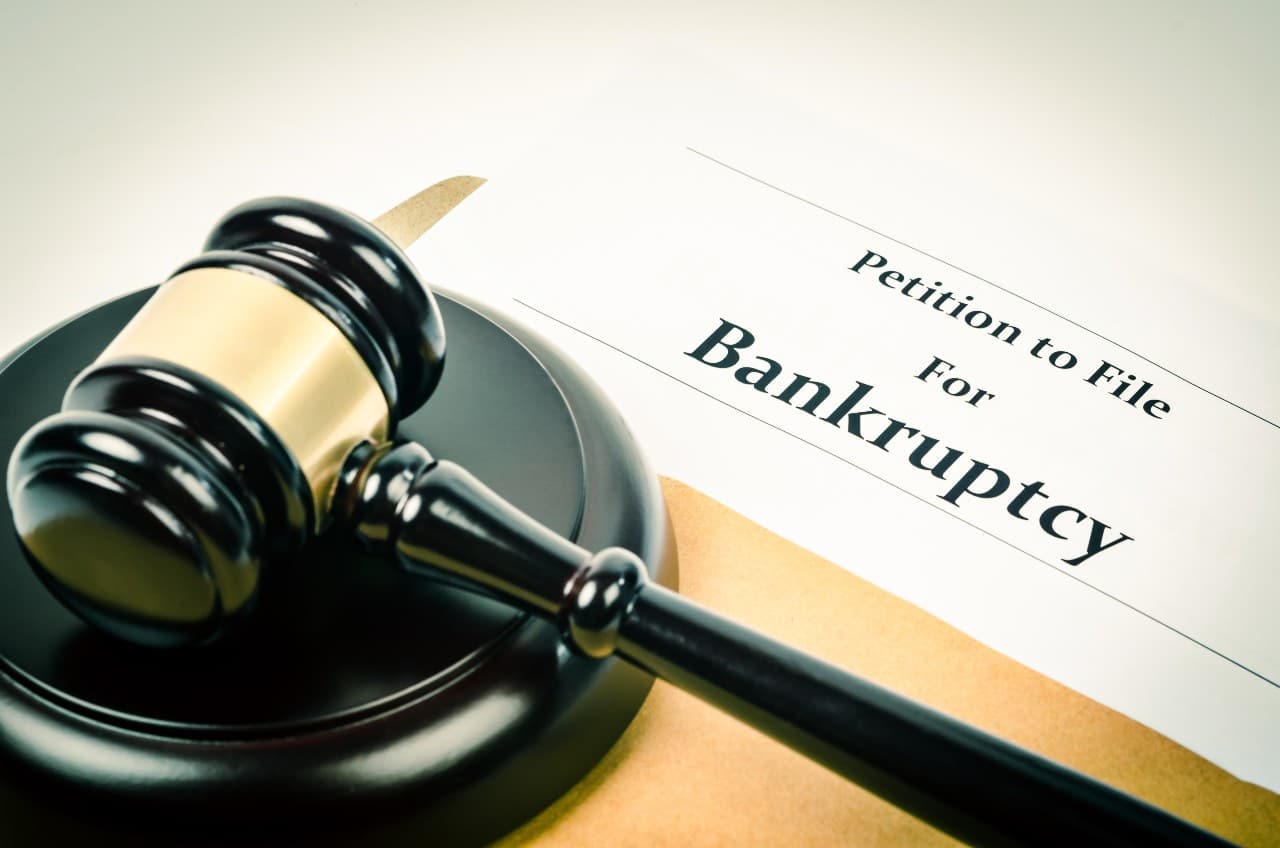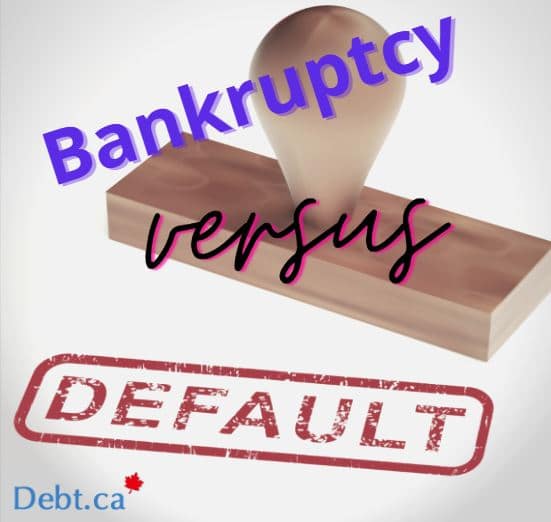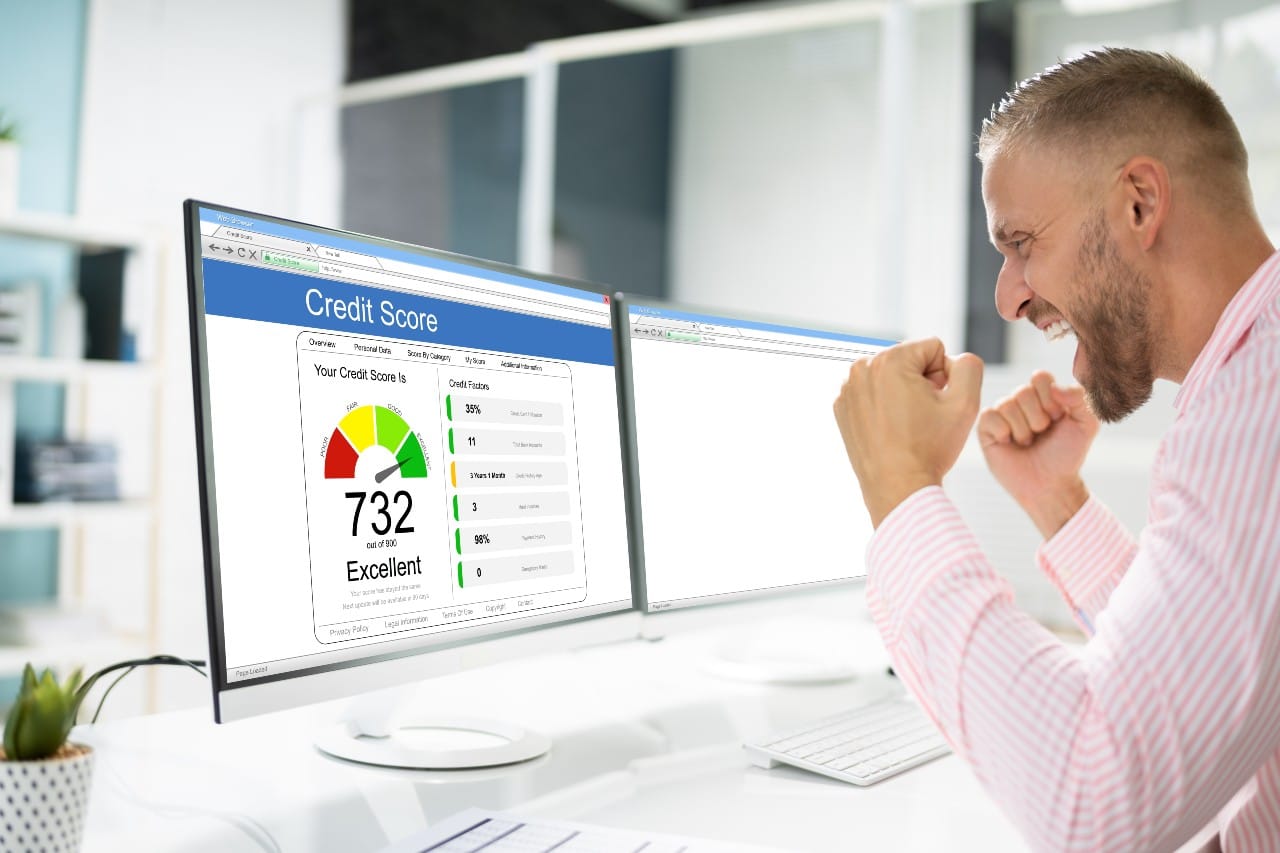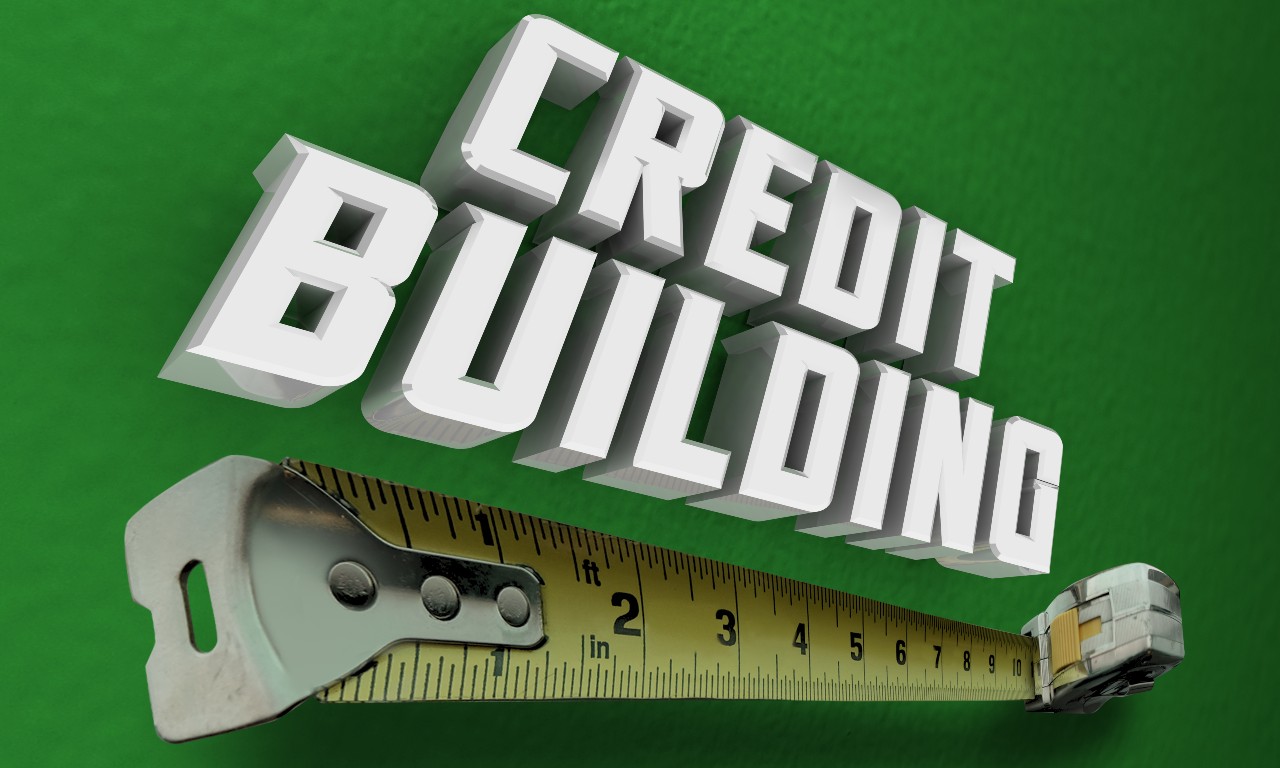Bankruptcy can be hard to deal with, and not just financially. Afterwards, the process of credit building after bankruptcy begins. This is an opportunity to start building good financial habits, which will serve you well in the long term. In fact, it also demonstrates to creditors that you are able to manage your money responsibly.
The good news is that it’s possible to start building your credit very soon. There are a variety of financial instruments and options available that can assist with your goal of rebuilding credit. There are also good habits you can build and steps you can take to ensure you don’t have to go through this process again in the future.
Effects of bankruptcy on your credit score
When you declare bankruptcy, you receive an R9 rating on your credit report, which is the “lowest possible” credit rating. This rating will stay on your credit report for up to 7 years. If you file for subsequent bankruptcies, they will stay on your credit report for 14 years.
Having a good credit score is important for a variety of reasons. With a higher score, better lending options and rates are easier to access. Certain jobs and professions won’t hire someone with bad credit. When applying to rent a home, landlords often check credit scores before they approve you as a renter.
Ways to help build your credit score
Secured credit cards
Secured credit cards are a great way to rebuild credit after bankruptcy. While they work the same way as regular credit cards, you will need to deposit some funds upfront as collateral. In most cases, the deposit amount would be the same as the credit limit you’re offered. If you don’t make a payment, the lender can use your security deposit to make it.
Using your secured credit card regularly, paying your bill on time, and maintaining a good credit utilization ratio can help boost your credit score after bankruptcy. Many of these lenders choose to approve secured credit card applicants after the bankruptcy has been fully discharged, so check the terms and conditions before you sign up.
Credit builder loans
A credit builder loan is a good way to start building your credit. When you take out a credit builder loan, a lender agrees to lend you money, which is deposited in an account it controls. When you make payments, they’re reported to the credit bureaus. This helps boost your credit score, as you’re making regular, timely payments. Once you pay off the loan in full, you receive the full amount that was deposited in the account. Plus, the timely payments are likely to positively impact your credit score.
Pay attention to fees, APRs, and loan repayment terms while looking for the right credit builder loan. Make sure the terms and charges work for your financial situation before you sign up.
Being an authorized user
If you have a trusted friend or family member with good credit, ask if they would be willing to add you as an authorized user to their credit card. If they do so, that card’s entire history will start showing up on your credit report. This can significantly improve your credit score quite quickly.
As they continue to keep making regular payments, your credit also continues to improve. You can be added to their account as an authorized user, but it is not necessary for you to use or even have a card to benefit from the credit-building effects. If they do give you a linked card, don’t use their card frequently and create more debt for them to handle – stay mindful of your usage. Also, opt for this option only if you trust they are financially responsible, as their bad credit can affect you, just like their good credit.
Use your bank accounts wisely
Set up auto payments for your bills to avoid late or overdue payments, which can dent your credit score. Even your rent, utility bills, and phone bills can be automated. If possible, set them up close to your paycheck dates, so you know that there will be funds in the account when the auto payment date comes around. Regular on-time payments will slowly but surely improve your credit score.
Avoid overdrafts on your account, as it is a sign of financial difficulty. If your bank account and credit accounts are with the same financial institution (and sometimes even otherwise), it can affect your chances of approval for future credit applications.
Build your credit by creating better financial habits
Create and stick to a budget
Creating a financial plan for yourself and your household can benefit you in a variety of ways. If you are able to stick to a budget, you can pay all your bills on time, and prioritize saving up for an emergency fund. You need to know where your money is going so you can make adjustments or cutbacks in certain areas. A budget builds accountability and ensures you spend within your means.
During the bankruptcy process, you were likely making regular payments to your trustee. It’s a really good idea, after discharge, to continue putting aside that money into your own savings accounts. This may mean living frugally for a while, but it is definitely worth it in the long run.
This has two benefits – first, you will have an emergency fund, and the peace of mind it brings. Second, your savings are considered proof that you know how to manage money well, and you’ll find it easier to be approved for future borrowing requirements.
If you must borrow funds for an emergency, pay it off in full as soon as possible, and make sure you are making your minimum payments consistently. Late payments will further damage credit.
Pay all bills regularly and on time
Make it a priority to pay all your bills on time, be it credit card bills, or utility bills. This helps build your credit score and shows creditworthiness to lenders. It also helps you build healthy financial habits that will serve you well long term.
The Canadian Renter’s Bill of Rights is part of the new 2024 budget, and it is aimed at helping renters. The government wants rental history to contribute to credit scores in order to help tenants build a credit history. This is especially beneficial if you have a low credit score, and may also benefit people trying to rebuild their credit after facing bankruptcy. Making regular payments towards your rent would therefore reflect positively on your credit score under this bill.
Check your credit report and periodically review
Review your credit reports from TransUnion and Equifax to see your credit history. Make sure that all the accounts including in your bankruptcy are “discharged” on the report. They should also have a $o owing balance. Verify that your bankruptcy information (such as your filing date) is correct and matches your records.
If you notice any discrepancies, you can file a dispute with the reporting agency. Any errors rectified may improve your credit score.
On your credit report, you may find areas that you can start improving on. While you work on building your credit, continue to review your report periodically to note improvements and make sure you’re on the right track.
Financial literacy
Rebuilding your credit depends on building good financial habits. It is therefore a good idea to improve your financial literacy and take control of where your money is going. Managing your money correctly is the foundation of building a strong financial system for yourself.
There are also many financial regulations and protections in place for Canadians – keep yourself updated with your rights and responsibilities to avoid any nasty surprises.
What not to do while rebuilding credit
Avoid applying for new loans or credit
Every time you apply for credit, there is a hard inquiry on your credit report. If you’re already suffering from poor credit due to bankruptcy, this can affect it even further. Since you already have a poor score due to bankruptcy, it is unlikely you’ll be approved anyway.
Wait till your credit recovers, and then apply for credit if you need it. Make sure you’ve built a history of showing creditworthiness before you apply for new credit or loans.
Don’t close existing accounts
Most often, credit accounts are required to be closed when going through Bankruptcy. If you do have any credit accounts left open, leave them open. Credit age is factored into your credit score calculations, so if you close them, it shortens your credit history. This can affect your credit score, albeit temporarily. More importantly, it can affect your overall credit utilization ratio, which is calculated based on the amount of total debt you’re carrying as a percentage of the overall credit limit available to you.
If you close an existing account, your overall credit limit will decrease, increasing your utilization ratio. This can hurt your credit score, especially if you already have debt, as it can make your utilization ratio less than ideal.
Don’t carry a balance
Making only the minimum payment, and carrying a balance month to month will affect your credit score, especially if your debt utilization ratio is very high. Try to keep your utilization ratio below 30%, and it will positively reflect on your credit score as well.
Key Takeaways
You can start rebuilding your credit soon after bankruptcy by taking small but consistent steps to improve your scores. Bankruptcy is not something that will stay on your credit report forever, and your credit won’t be in bad shape forever either.
Start taking small steps towards credit building after bankruptcy, and it’ll add up over time. Once you start seeing results, you will find it easier to stay on track and achieve your financial goals.



